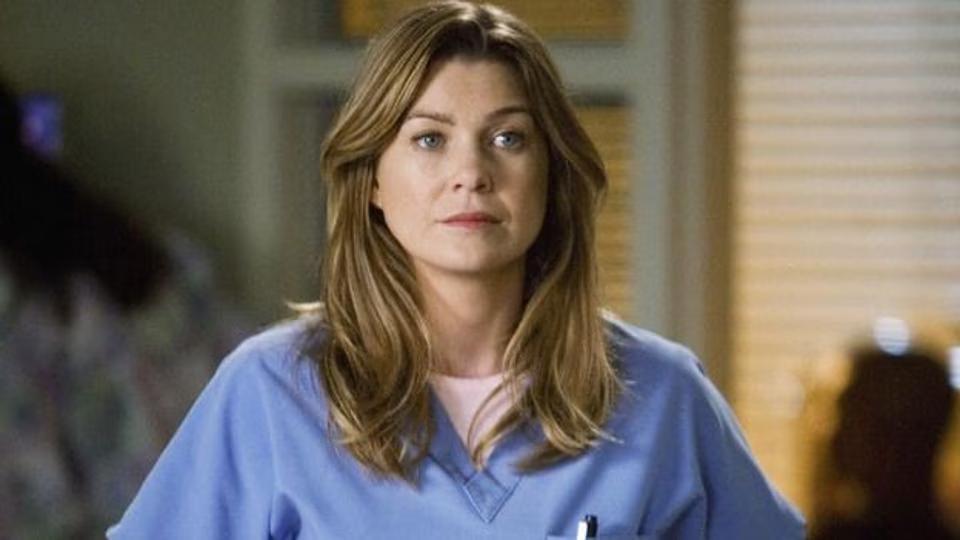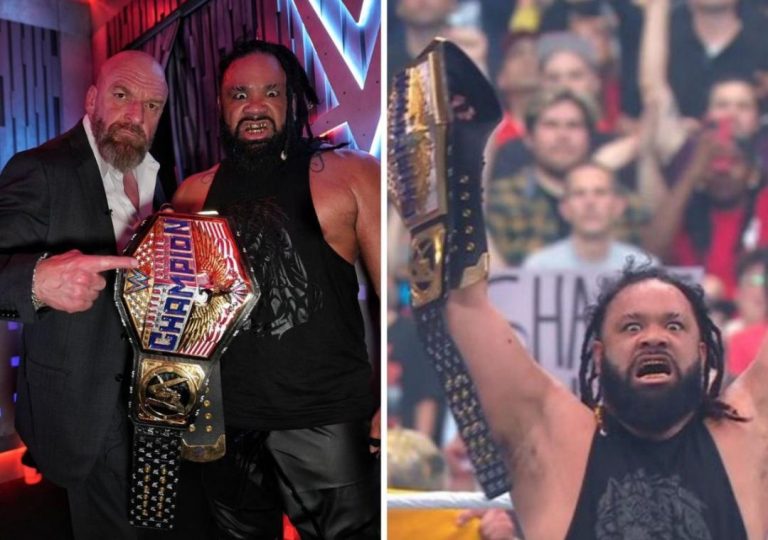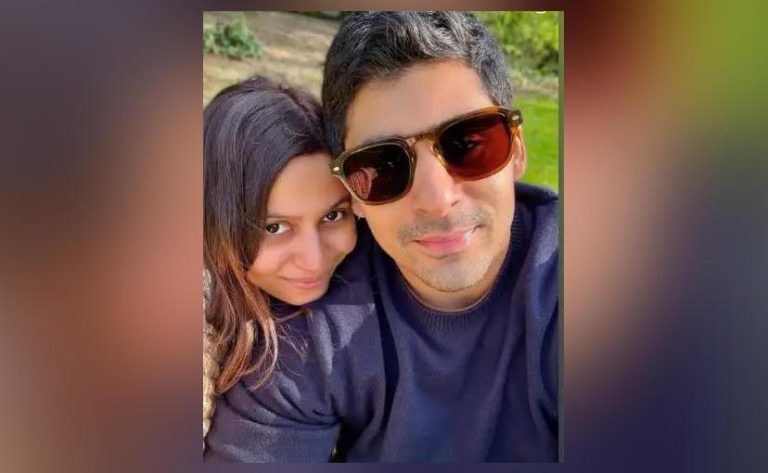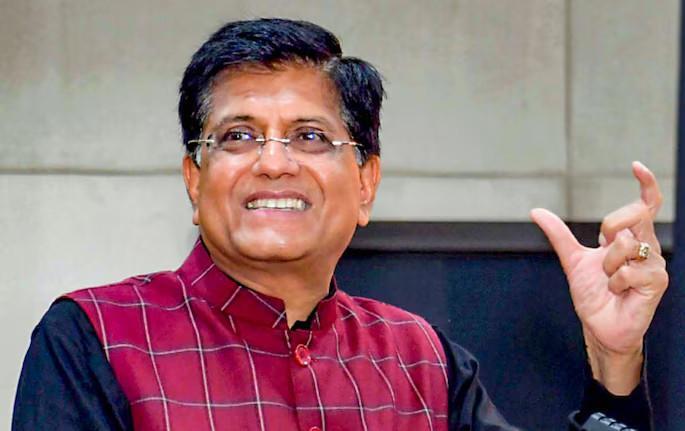
Patrick was paid more even after 13 failed TV pilots: Ellen Pompeo
The topic of pay disparity has been a pressing issue in the entertainment industry for years, with many female stars sharing their experiences of being underpaid compared to their male co-stars. Recently, actress Ellen Pompeo, best known for her role as Meredith Grey in the hit medical drama ‘Grey’s Anatomy’, opened up about her own experience of pay inequality on the show. In an interview, she revealed that her co-star Patrick Dempsey, who played Dr. Derek Shepherd, was paid more than her even after 13 failed TV pilots.
Pompeo’s comments highlight the long-standing issue of pay disparity in Hollywood, where actors and actresses are often paid differently based on their gender, fame, and perceived value to the show. In an industry where women are often expected to be submissive and supportive, rather than demanding and assertive, it’s no surprise that pay disparities are common.
In the interview, Pompeo reflected on the early days of ‘Grey’s Anatomy’, when the show was still finding its footing. Despite being the lead actress, Pompeo was paid less than Dempsey, who was already a well-known star at the time. “He was a bigger star than I was at that point,” she said. While Pompeo acknowledged that Dempsey may have deserved his higher salary, she also emphasized that she deserved the same compensation.
Pompeo’s comments are a stark reminder of the pay disparities that have plagued the entertainment industry for decades. In the 1980s and 1990s, actresses such as Michelle Pfeiffer, Sigourney Weaver, and Demi Moore were paid significantly less than their male co-stars, despite being major stars in their own right. Even today, actresses like Emma Stone and Gal Gadot have spoken out about the pay gaps they’ve faced in their careers.
The pay disparities on ‘Grey’s Anatomy’ were not limited to Pompeo and Dempsey. Other actresses on the show, including Sandra Oh and Katherine Heigl, have also spoken about the pay gaps they faced. Oh, who played Dr. Cristina Yang, said in an interview that she was paid significantly less than her male co-stars, despite being a major part of the show. Heigl, who played Dr. Izzie Stevens, also spoke about the pay gaps she faced, saying that she was paid less than her male co-stars and was expected to do more work off-camera.
The pay disparities on ‘Grey’s Anatomy’ are a symptom of a larger problem in the entertainment industry. For years, women have been underpaid and undervalued, with many actresses earning significantly less than their male co-stars. The industry’s reliance on outdated gender stereotypes and societal expectations has contributed to this pay disparity, with many women being expected to be submissive and supportive rather than assertive and demanding.
In recent years, there has been a growing push for pay equality in the entertainment industry. The #MeToo movement, which began in 2017, has brought attention to the systemic inequality that women face in the industry. The movement has led to a greater awareness of the pay disparities that exist, with many actresses and actors speaking out about their own experiences.
The push for pay equality has also led to changes in the industry. In 2018, the Screen Actors Guild (SAG) and the Alliance of Motion Picture and Television Producers (AMPTP) reached a new contract that included provisions for pay parity. The contract required that studios and networks provide equal pay for equal work, regardless of gender or race.
While progress has been made, there is still much work to be done. The entertainment industry is dominated by men, with many decision-makers holding positions of power. This has led to a culture of patriarchy, where women are often marginalized and undervalued.
In conclusion, Ellen Pompeo’s comments about pay disparity on ‘Grey’s Anatomy’ are a sobering reminder of the long-standing issue of pay inequality in the entertainment industry. The pay gaps that exist are a symptom of a larger problem, one that is rooted in societal expectations and gender stereotypes. As the industry continues to evolve, it is essential that we prioritize pay equality and challenge the status quo. Only then can we create a more just and equitable industry that values the work and contributions of all actors and actresses.






